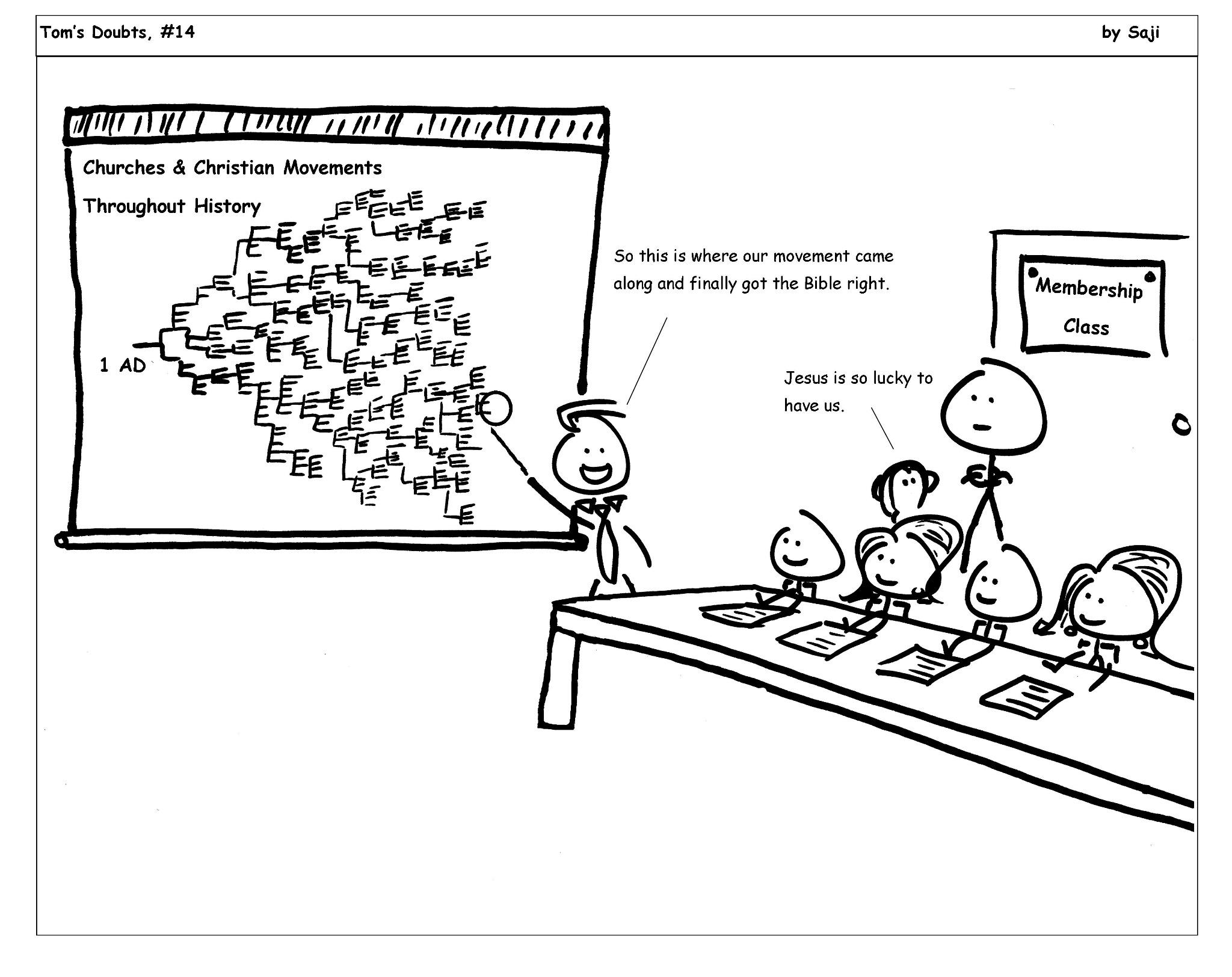Update: Longing for Community now available on Kindle.
 You can now order Longing for Community: Church, Ummah, or Somewhere in Between? edited by David Greenlee from William Carey Library:
You can now order Longing for Community: Church, Ummah, or Somewhere in Between? edited by David Greenlee from William Carey Library:
Understanding the strength and unity of the ummah— the worldwide Muslim community—and its role in an individual’s identity is essential in comprehending the struggles that Muslims undergo as they turn to faith in Jesus Christ. It has been a place of security, acceptance, protection, and identity; turning away from it entails great sacrifice. Where, then, will Muslims who choose to follow Jesus find their longing for community fulfilled: ummah, church, or somewhere in between?
Longing for Community compiles the research and reflection of twenty missiologists, sociologists, anthropologists, and linguists—among them Muslims who have become believers in Jesus Christ— presented at the second Coming to Faith Consultation in February 2010. The contributors explore the multiple levels and hybrid nature of social identity, pointing to the need to free our discussions from single- dimensional scales, which are far from adequate to describe the complex nature of conversion and lived-out faith. Beyond the issue of identity, the contributors offer important lessons from mission history, explore liturgy as an appropriate vehicle for teaching, discuss appropriate means of communication, and point to both the need and contextually appropriate possibilities of greater involvement of women in training and ministry.
Earlier this year I reviewed Longing for Community for EMQ and it’ll be in their July 2013 issue. Here is part of what I said:
… By moving beyond sterile arguments and using real-life case studies, Longing for Community has the potential to significantly reduce the polarization of views concerning the Insider Movement… This is an invaluable resource documenting the “grace of God” (Acts 11:23) among Muslims which proves again that missiological research can be accessible, exciting, and edifying… All who desire to see Muslims transformed in Christ and in community with His people (Eph. 2) should study this game-changing book with their colleagues. We owe David Greenlee a debt of gratitude for his continued efforts in respectfully challenging our various missiological theories of conversion.
Buy the book. (I wish it were available in digital format. Is there a reason it isn’t?)


